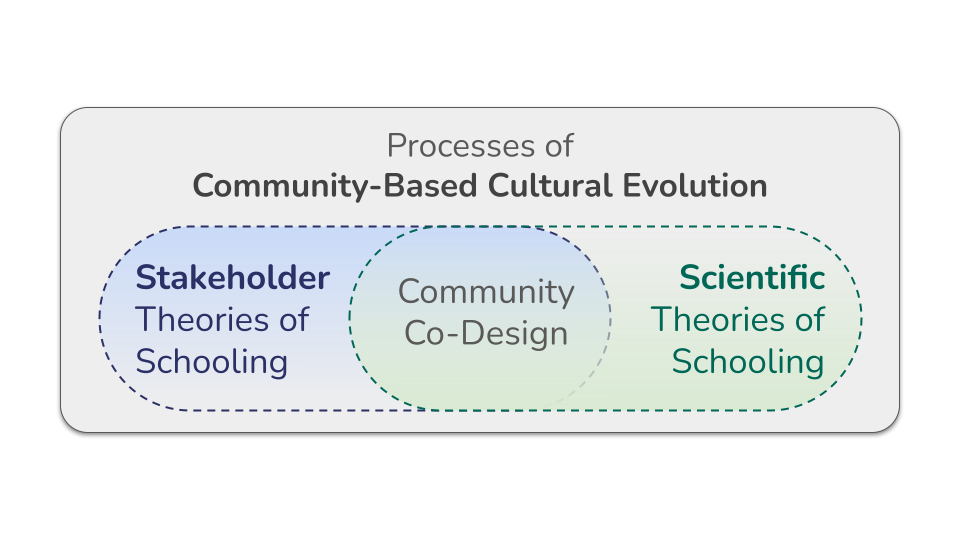Conceptual Thinking
Evolution, Cooperation, and Sustainability
A lesson collection on evolution, cooperation, and sustainability
Evolution, Cooperation, and Sustainability Read More »
Use culturally competent teaching practices
Use culturally competent teaching practices especially (but not only) when engaging students with diverse or potentially conflicting beliefs with scientific perspectives.
Use culturally competent teaching practices Read More »
Barnes, M. E., & Brownell, S. E. (2017). A call to use cultural competence when teaching evolution to religious college students: introducing religious cultural competence in evolution education (ReCCEE). CBE—Life Sciences Education, 16(4), es4.
In this essay, we describe a suite of culturally competent practices that can help instructors reduce students’ perceived conflict between evolution and religion, increase students’ acceptance of evolution, and help create more inclusive undergraduate biology classrooms.
Focus on interdisciplinary pluralism in curricula design
Focus on interdisciplinary pluralism in curricula design
Focus on interdisciplinary pluralism in curricula design Read More »
Evolving Minds: Learning as Evolution, Evolution as Learning
This article explores the relationship between the scientific and vernacular use of the evolution concept as it relates to individual and social learning processes. We argue that the systematic exploration of learning as an evolutionary process, and evolution as a learning process holds untapped educational potential, a potential that is hampered by systemic conceptual biases among mainstream evolution educators.
Evolving Minds: Learning as Evolution, Evolution as Learning Read More »
Eirdosh, D., Hanisch, S. (2023). A Community Science Model for Inter-disciplinary Evolution Education and School Improvement. In: du Crest, A., Valković, M., Ariew, A., Desmond, H., Huneman, P., Reydon, T.A.C. (eds) Evolutionary Thinking Across Disciplines. Synthese Library, vol 478. Springer, Cham. https://doi.org/10.1007/978-3-031-33358-3_7
The Community Science Lab at the Max Planck Institute for Evolutionary Anthropology is developing a unique model of Community-Based Cultural Evolution (CBCE) for inter-institutional collaboration at the intersection of evolution education and applied school improvement efforts. Using advances in teaching for conceptual understanding and transfer of learning, the CBCE model aims to empower students to clarify, investigate, and collaboratively influence the cultural evolutionary dynamics of their own school and surrounding communities.
Wilson, D. S. (2016). Two meanings of complex adaptive systems. Complexity and evolution: Toward a new synthesis for economics, 31-46.
In complex systems theory, two meanings of a complex adaptive system (CAS) need to be distinguished. The first, CAS1, refers to a complex system that is adaptive as a system; the second, CAS2, refers to a complex system of agents which follow adaptive strategies. This insight applies to human social systems as well as biological systems and has pro- found consequences for economics and public policy.
Develop University-Assisted Community Schools
Develop University-Assisted Community Schools as an outgrowth of Educational Innovation Labs
Develop University-Assisted Community Schools Read More »




